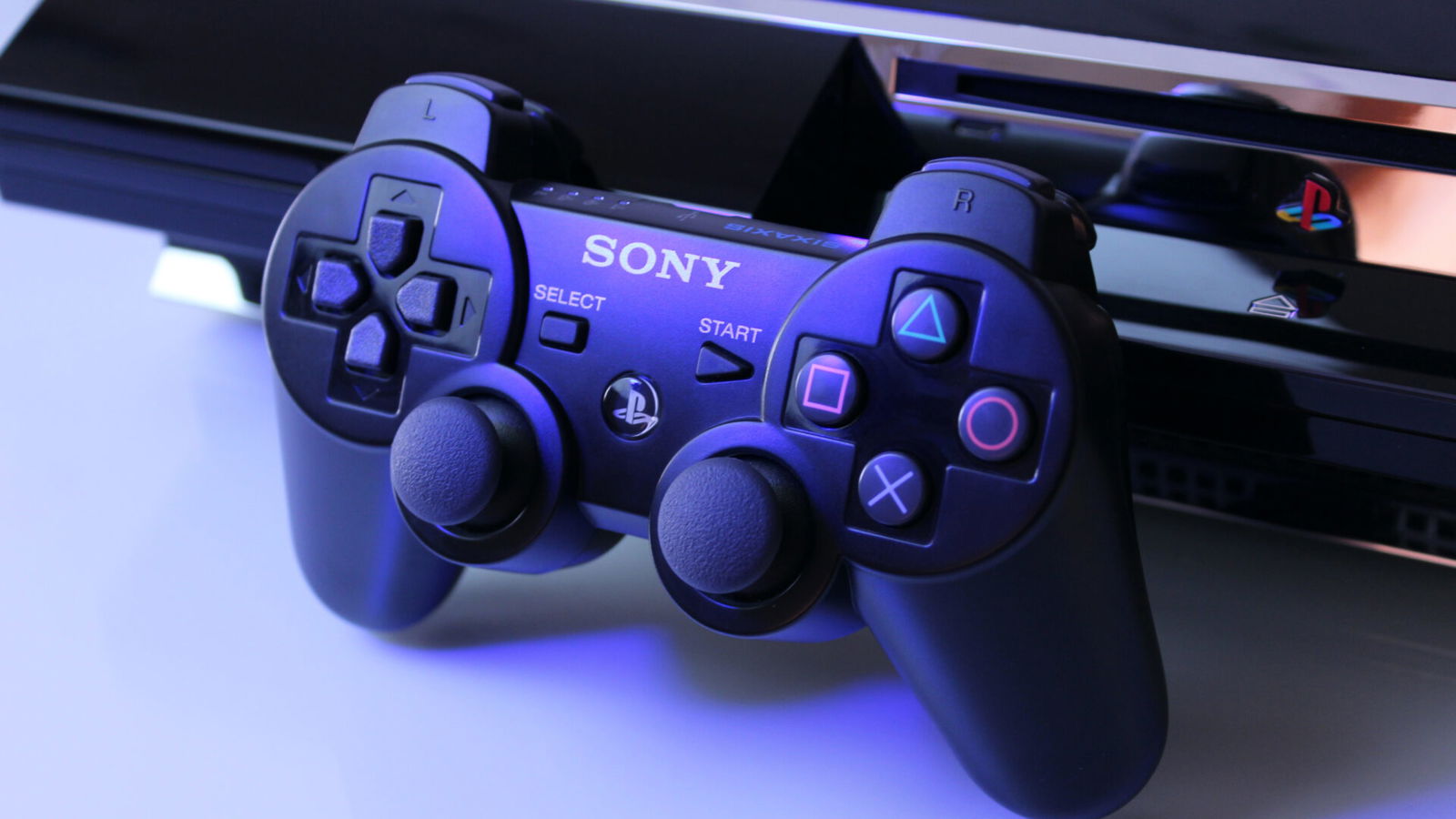
Microsoft and Sony Face Off in Court as FTC Investigates Xbox Merger
By Movieguide® Contributor
An FTC investigation into Microsoft’s acquisition of Activision Blizzard is turning into a face-off between the Xbox and PlayStation platforms.
Last year, Microsoft announced its plan to acquire game studio, Activision Blizzard, the game makers behind some of the most popular video game franchises such as Call of Duty and Crash Bandicoot.
This acquisition was meant to be a routine buy, similar to other acquisitions that had taken place in the prior years. However, the $68.7 billion price tag made it a target for the FTC, European Commission, and the UK’s Competition and Markets Authority (CMA). With Activision Blizzard creating many popular gaming franchises, it was unclear if the acquisition would put too much power into Microsoft’s hands.
Over the past year, Microsoft has satisfied the European Commission and they have signed off on the deal, but the FTC and CMA still stand in the way.
Microsoft will appear in court over the next two weeks to prove to the FTC that its acquisition of Activision Blizzard is in line with current regulations. However, competitors to Xbox, specifically Sony’s PlayStation will not make that case an easy one to make.
Within the console gaming sphere, there are three main competitors, Xbox, PlayStation, and Nintendo. Xbox and PlayStation offer similar gaming experiences, with much of their competition coming down to the exclusive titles that their platforms have to offer. Nintendo on the other hand, largely caters to a different audience, and lower console performance makes the Nintendo Switch more of a secondary competitor.
The FTC’s concern lies with Microsoft’s ability to make Activision Blizzard content exclusive to the Xbox, giving them too much power within the gaming ecosystem. The FTC’s complaint says:
“Microsoft’s ownership of Activision would provide Microsoft with the ability to withhold or degrade Activision content through various means, including manipulating Activision’s pricing, degrading game quality or player experience on rival offerings, changing the terms and timing of access to Activision’s content, or withholding content from competitors.”
The merger has the potential to impact nearly every other company in the gaming space, including, Nvidia, Nintendo, EA, Epic Games, Ubisoft, Tencent, and, of course, Sony. While this makes it a concern for all of these companies, Sony is the only one that is making a large effort to halt the acquisition.
Sony filed a report with the CMA earlier this year in an effort to dissolve the merger. Their complaint reads:
“Microsoft might release a PlayStation version of Call of Duty where bugs and errors emerge only on the game’s final level or after later updates. Even if such degradations could be swiftly detected, any remedy could likely come too late, by which time the gaming community would have lost confidence in PlayStation as a go-to venue to play Call of Duty. Indeed, as Modern Warfare II attests, Call of Duty gamers could decide to switch to Xbox, for fear of playing their favorite game at a second-class or less competitive venue.”
Microsoft argues that its acquisition of Activision Blizzard does not affect the gaming market because they have already signed contracts with competitors guaranteeing that Activision games will be available on their platforms for the next ten years. The FTC notes, however, that these deals do not cover all of Activision’s titles.
Furthermore, Microsoft has a history of making acquired titles exclusive to their platform. After acquiring the game’s studio, Bethesda, in 2021, Microsoft made many of the studio’s most popular titles exclusive to the Xbox.
If Sony can get the FTC to side with them during these preliminary hearings, that will likely sound the death of Microsoft’s acquisition, extending the case beyond the deal’s July 18th deadline and forcing a renegotiation between Microsoft and Activision that will likely cause the merger to be canceled. However, if the FTC is satisfied with Microsoft’s case, the deal will go through before Sony can conjure up any other methods to block it.
This case will signal if large video game companies can continue to buy video game studios or if the era of acquisitions has come to an end.
Questions or comments? Please write to us here.


 - Content:
- Content: 

